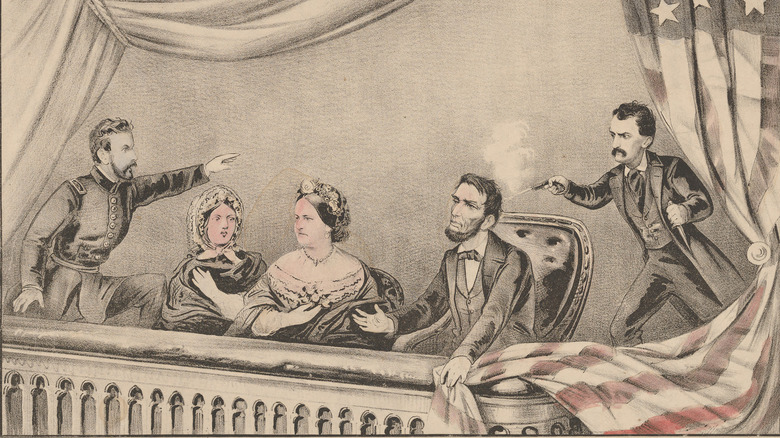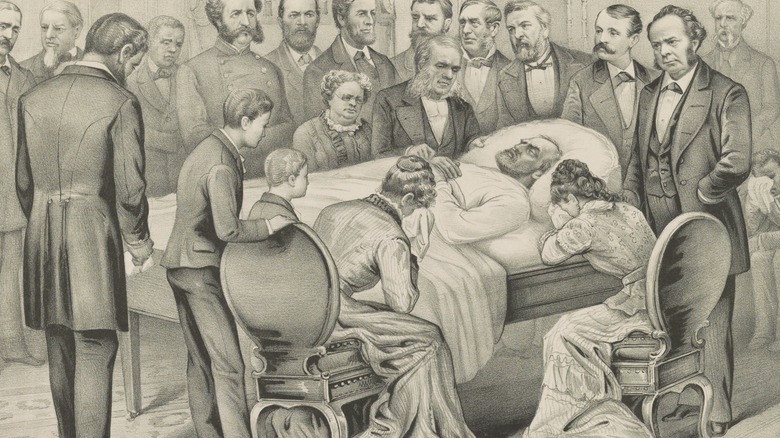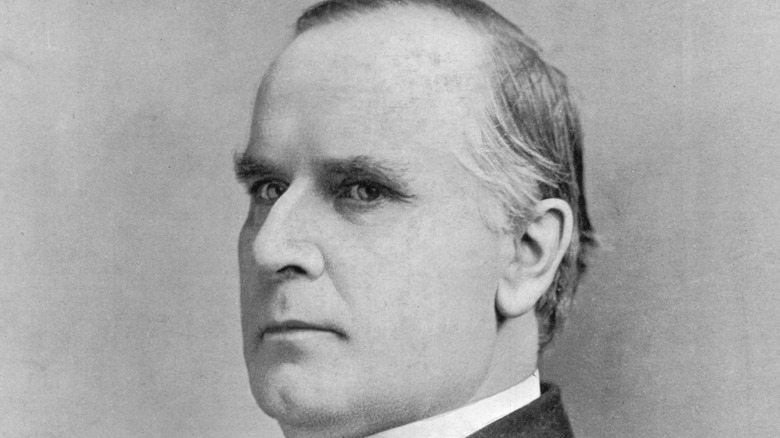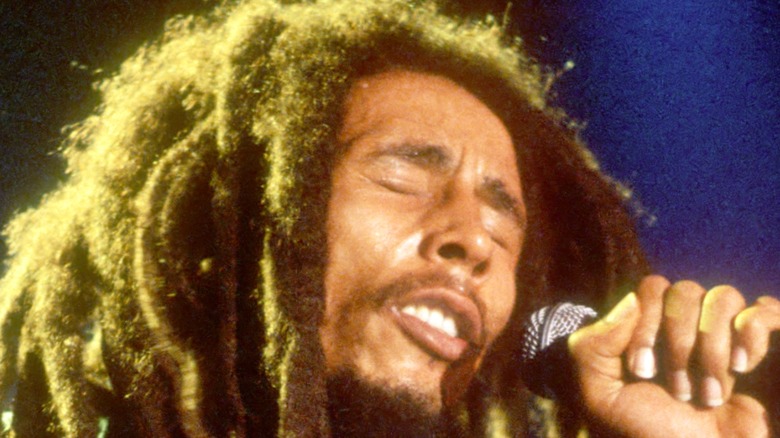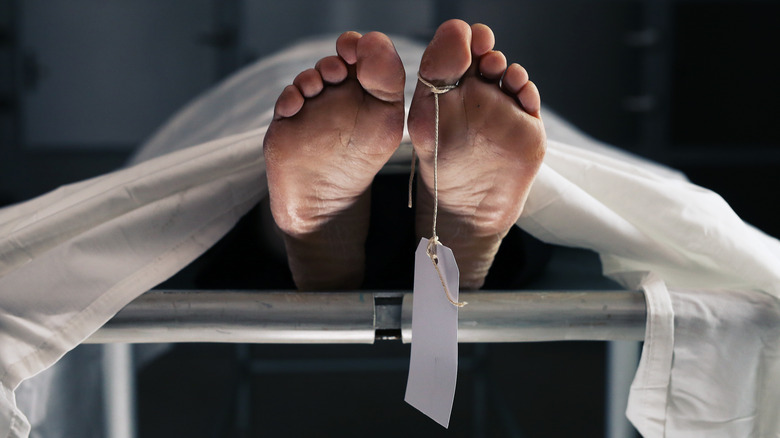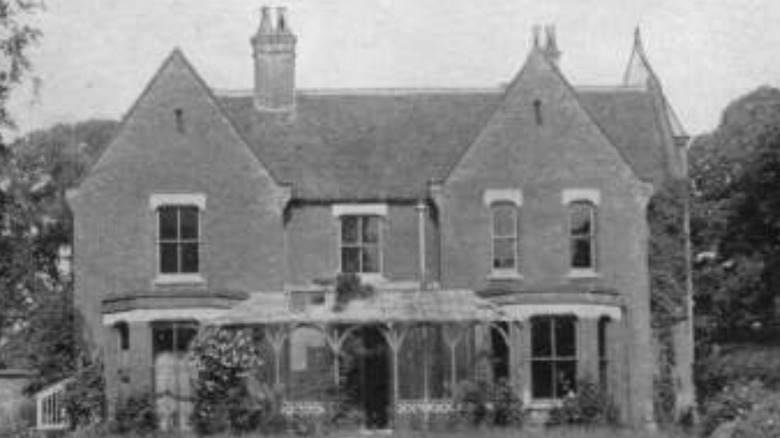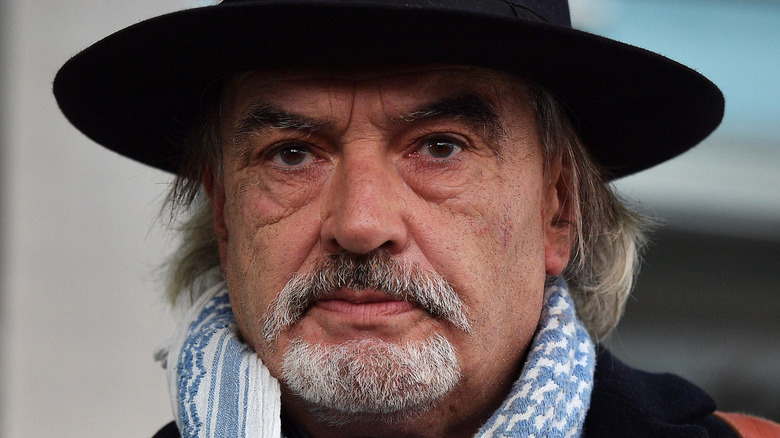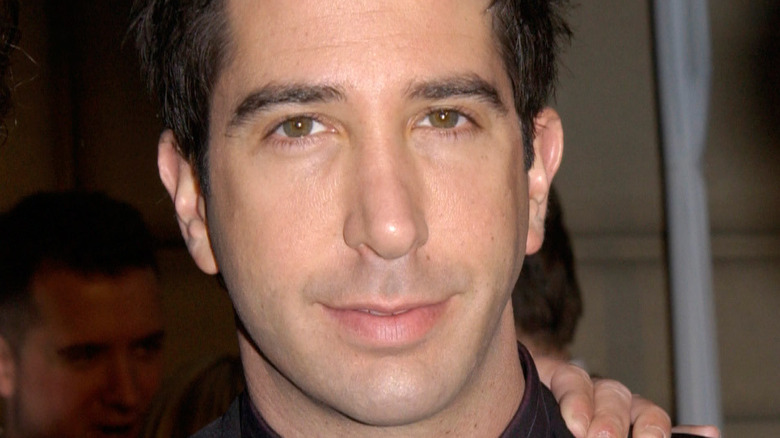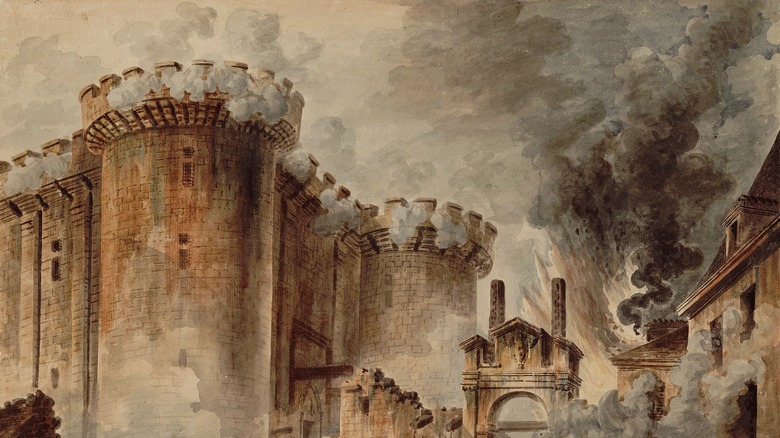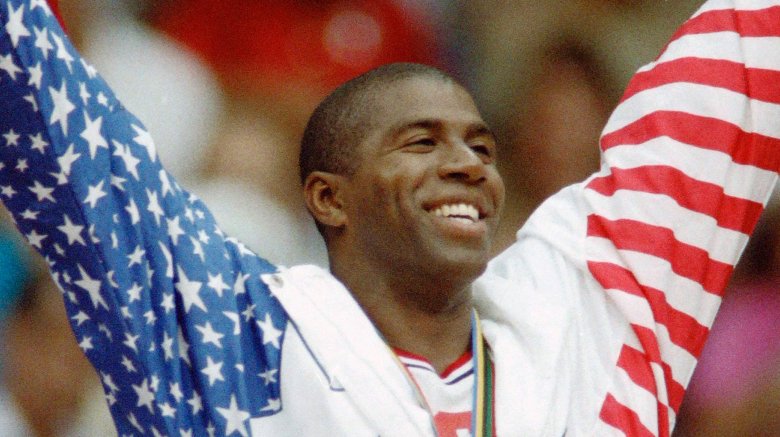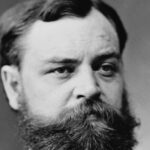
How Lincoln’s Son Was Linked To The Assassination Of Three US Presidents
The multiple tragedies that befell the family of Abraham Lincoln didn’t begin or end with his assassination. His widow, Mary Todd Lincoln, had birthed four of the president’s children, three of which died by the age of 18 (via Abraham Lincoln History). Little Edward Lincoln succumbed to tuberculosis in 1852, a month shy of his fourth birthday. William Wallace Lincoln made it to age 12 before he passed away in the White House from typhoid fever. Lastly, the youngest Lincoln child, Tad, passed away in 1875 at the age of 18. Like his elder brother Edward, Tad contracted the dreaded TB and never recovered.
The one child of Lincoln that survived was Robert. Born on August 1, 1843, he lived a long and full life before dying at the ripe old age of 82. Successful in his adult life, the younger Lincoln was not only plagued by the deaths of his only three siblings, but also that of his father’s assassination. What history sometimes forgets to teach is that this Lincoln son bore witness to other presidential tragedies, years after the death of his father.
The assassination of Lincoln
The night of April 14, 1865, President Abraham Lincoln, his wife Mary Todd, and two guest were attending a performance of “Our American Cousin” at Ford’s Theater in Washington, D.C. Soon into the second act, the party’s night was interrupted when John Wilkes Booth burst into their theater box. Booth fired a single shot 6 inches from Lincoln’s head, and then slashed the arm of one of his guest, Major Henry Rathbone. Booth then leapt from the box and onto the stage, where he made his escape (via U.S. History).
Unconscious, but still breathing, Lincoln was rushed across the street from the theater to a nearby home. Upon examination, it appeared that the lone bullet had entered behind Lincoln’s left ear. Knowing that the wound was a mortal one, his soon-to-be widow and medical staff waited at his side for the president to die.
Upon being alerted of his father’s shooting, Robert Todd Lincoln arrived at the home of William Peterson, where his father’s body was taken (via Roger J Norton). The younger Lincoln was present when the president finally passed away in the early morning of April 15.
At age 22, Lincoln’s son was already off to a promising career in Washington, D.C. He had no idea at the time that his career would lead him to the side of two other U.S. presidents who would be murdered by assassins.
The assassination of James Garfield
After graduating from law school in Chicago, Robert Lincoln returned to D.C. In 1881, he was appointed secretary of war by the newly elected president, James Garfield. Lincoln was standing next to the president awaiting a train on the afternoon of July 2, 1881. While they waited, they were approached by Charles Guiteau. Guiteau leveled a pistol and fired it at Garfield, striking him twice — once in the arm, and a second time in the back (via History Collection).
Guiteau was angry that he was denied a government position by Garfield’s administration. While this had nothing to do with Garfield, the president became the subject of Guiteau’s ire, and ultimately became the second sitting U.S. president to be assassinated.
Garfield didn’t die immediately. He languished for over 11 weeks in D.C., fighting off bouts of fevers and infections. Unable to retrieve the bullet, Garfield’s doctors decided it best to leave it in. The constant probing of Garfield’s body by his doctor’s dirty fingers led to more infections, one of which grew so severe that Garfield wouldn’t survive it. He died on September 19, 1881 (via History).
Another 20 years would pass before an assassin would take the life of another U.S. president. But guess who would be on the scene?
The assassination of William McKinley
On the afternoon of September 6, 1901, President William McKinley was at the Pan American Exposition in Buffalo, New York, greeting attendees at one of the exhibits. While there, he was approached by Leon Czolgosz, who shot him in the abdomen (via History Collection). McKinley didn’t succumb to his wounds that day. He languished until September 14, 1901, when he passed away from the gangrene that had set in (via History).
In the span of 26 years, one person was on site of three separate assassinations, an unheard set of coincidences. The successful attempt on McKinley motivated the federal government to begin creating safeguards to protect sitting presidents, as the country was beginning to lose them by murder at a staggering rate. As a result, McKinley’s successor, Theodore Roosevelt, began the practice of having full-time Secret Service protection (via Ohio History).
What did President Lincoln’s son think of being so close to three presidential assassinations? He recognized it as improbable, and also refused to be in close proximity to any other sitting president. “No, I’m not going, and they’d better not ask me, because there is a certain fatality about presidential functions when I am present,” Robert Lincoln once declared (via History Collection).

Rules The Vatican's Swiss Guard Have To Follow
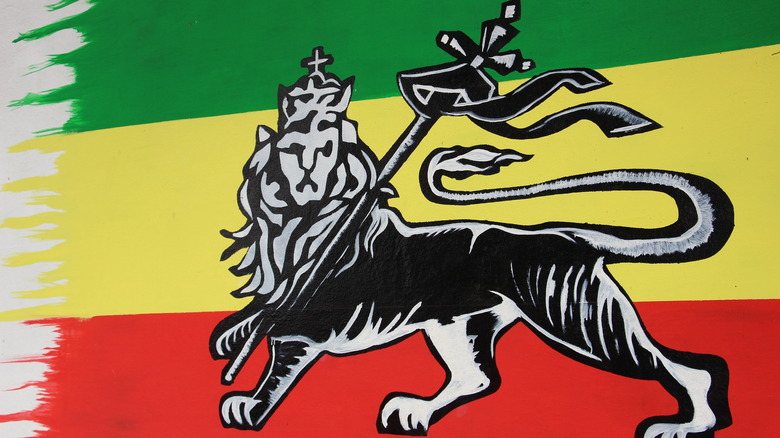
Inside The Rastas' Theory About Life After Death
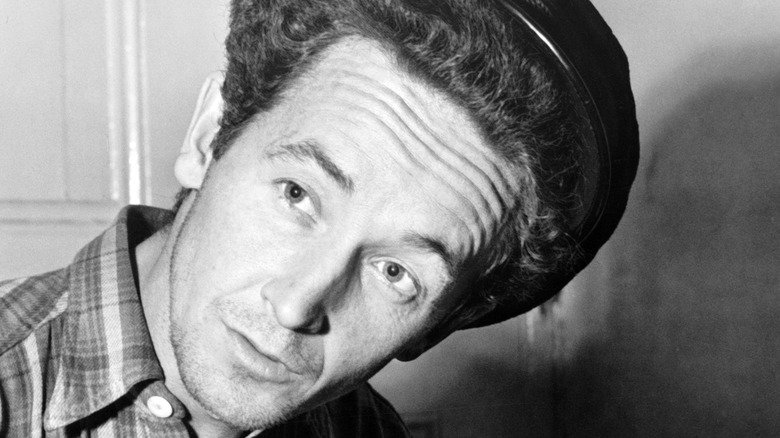
Why The FBI Kept Files On Woody Guthrie
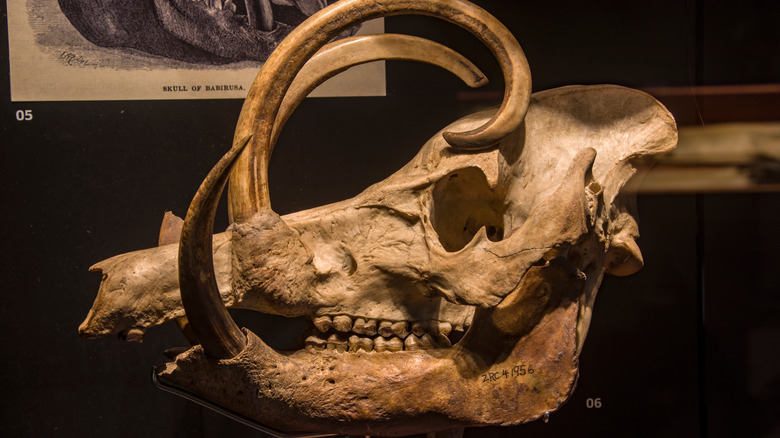
The Worst Animal Evolutions In History
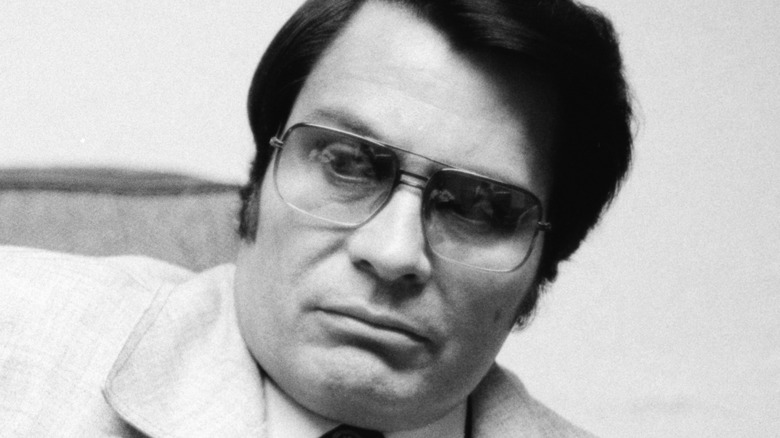
Disturbing Details Found In Jim Jones' Autopsy Report

The Scary Story Behind The Most Haunted Painting In History
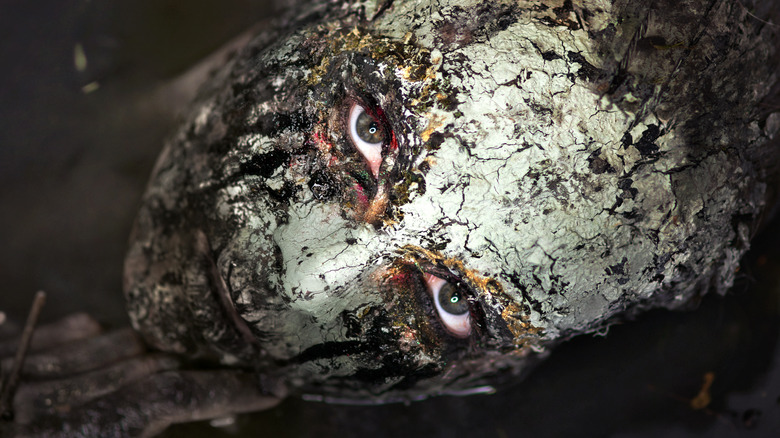
Terrifying Swamp Monsters From Around The World
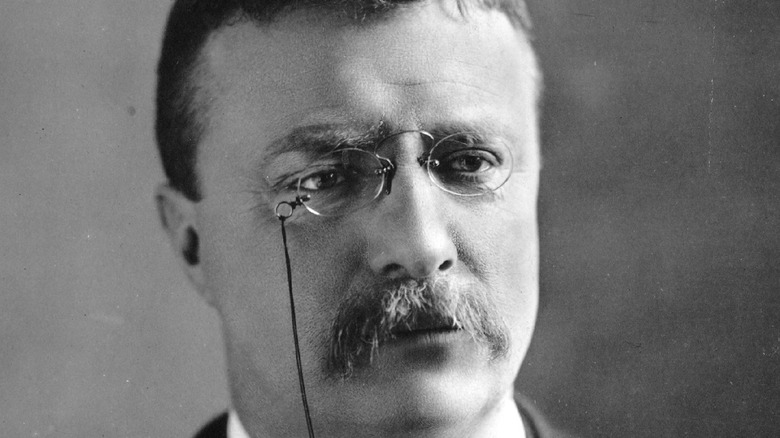
Why Theodore Roosevelt Tried To Have His Own Brother Exiled

The Controversial History Of Father's Day
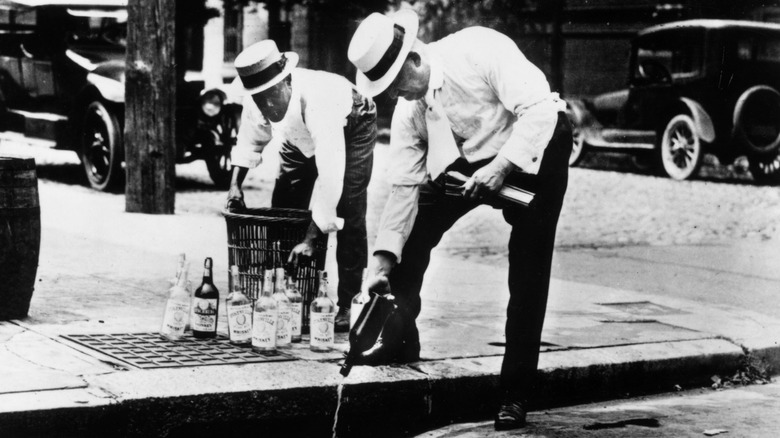
These Were The Benefits Of Prohibition
